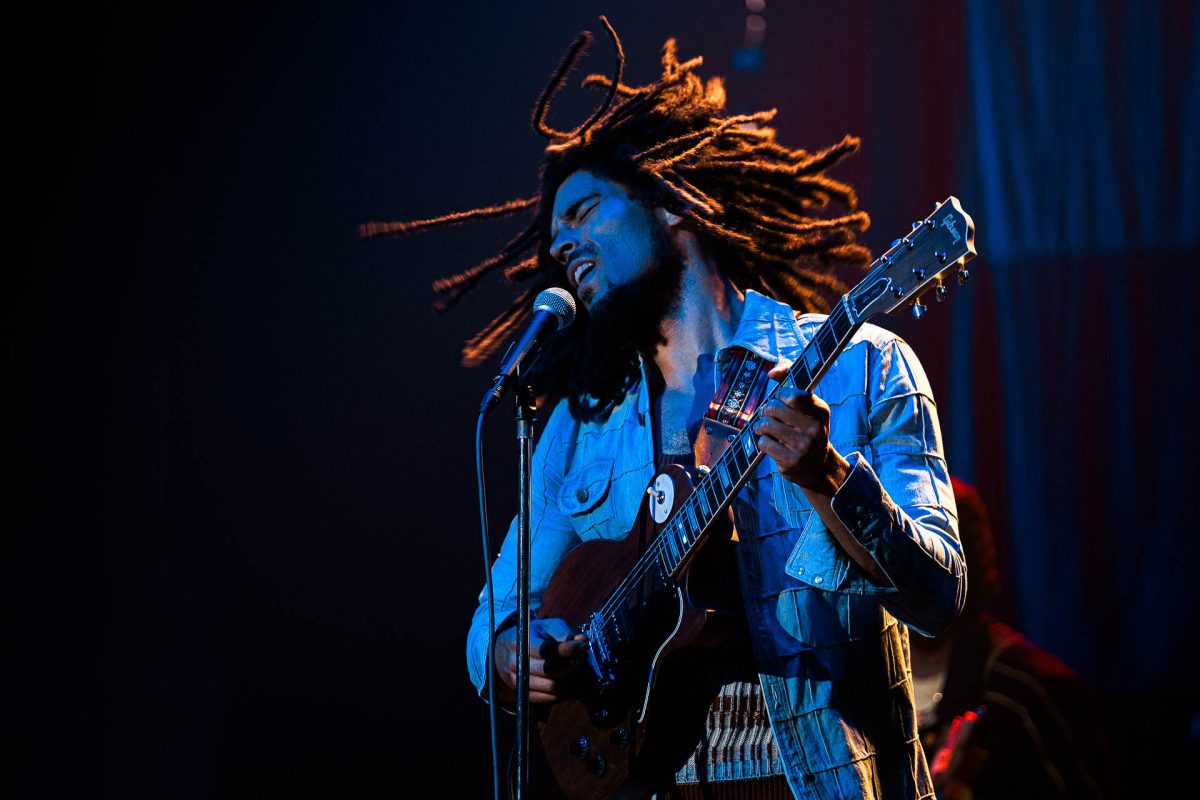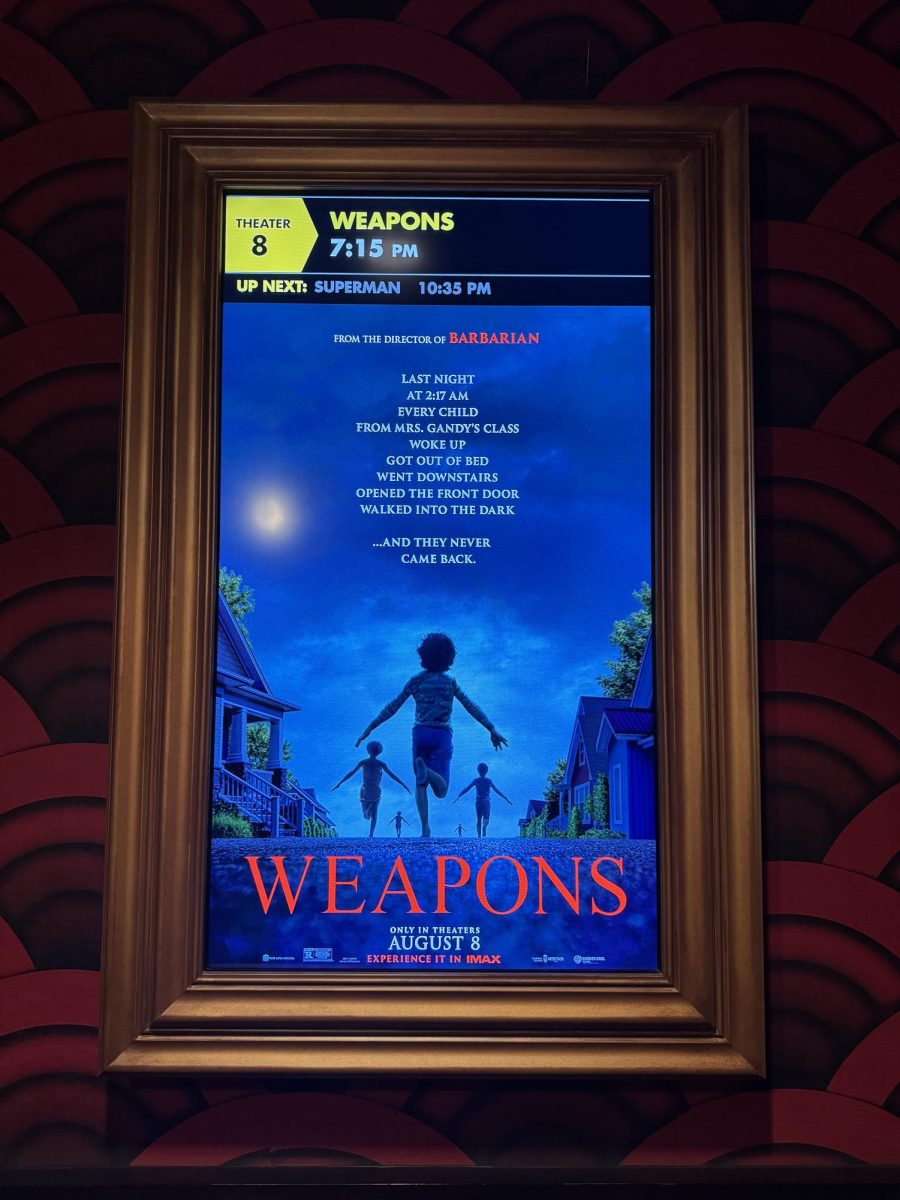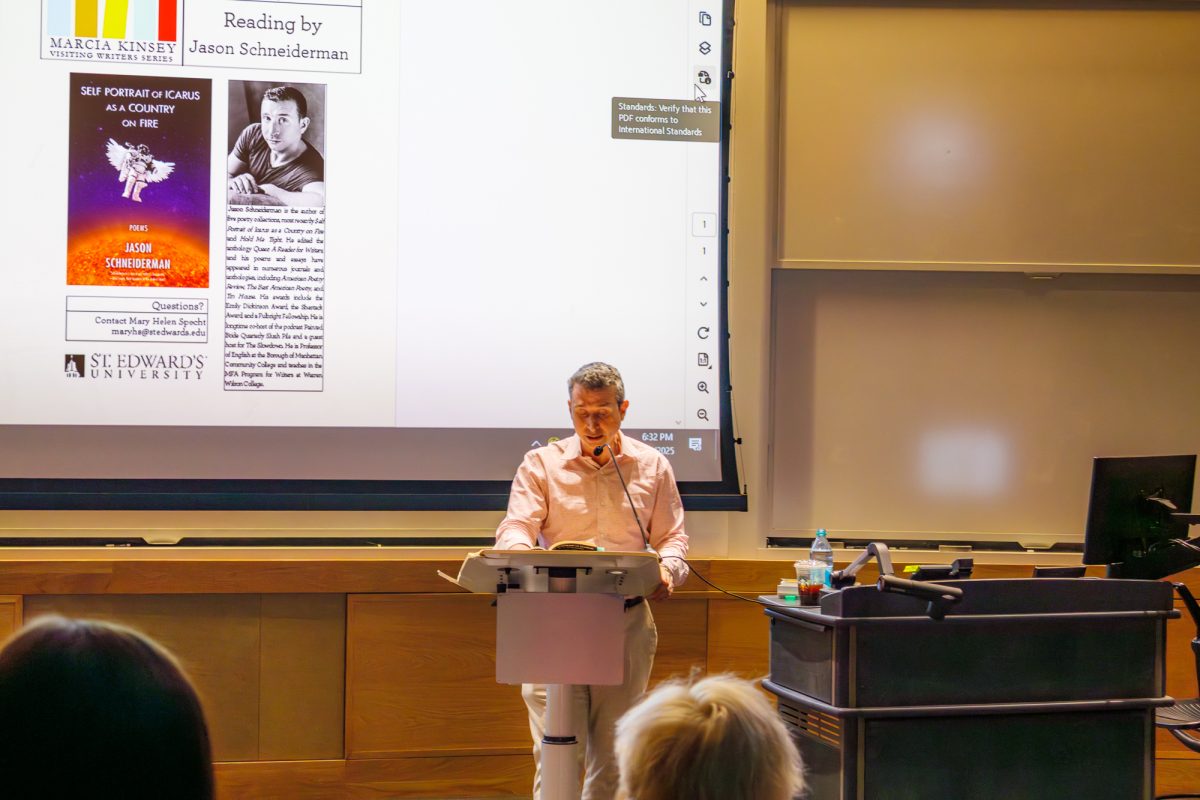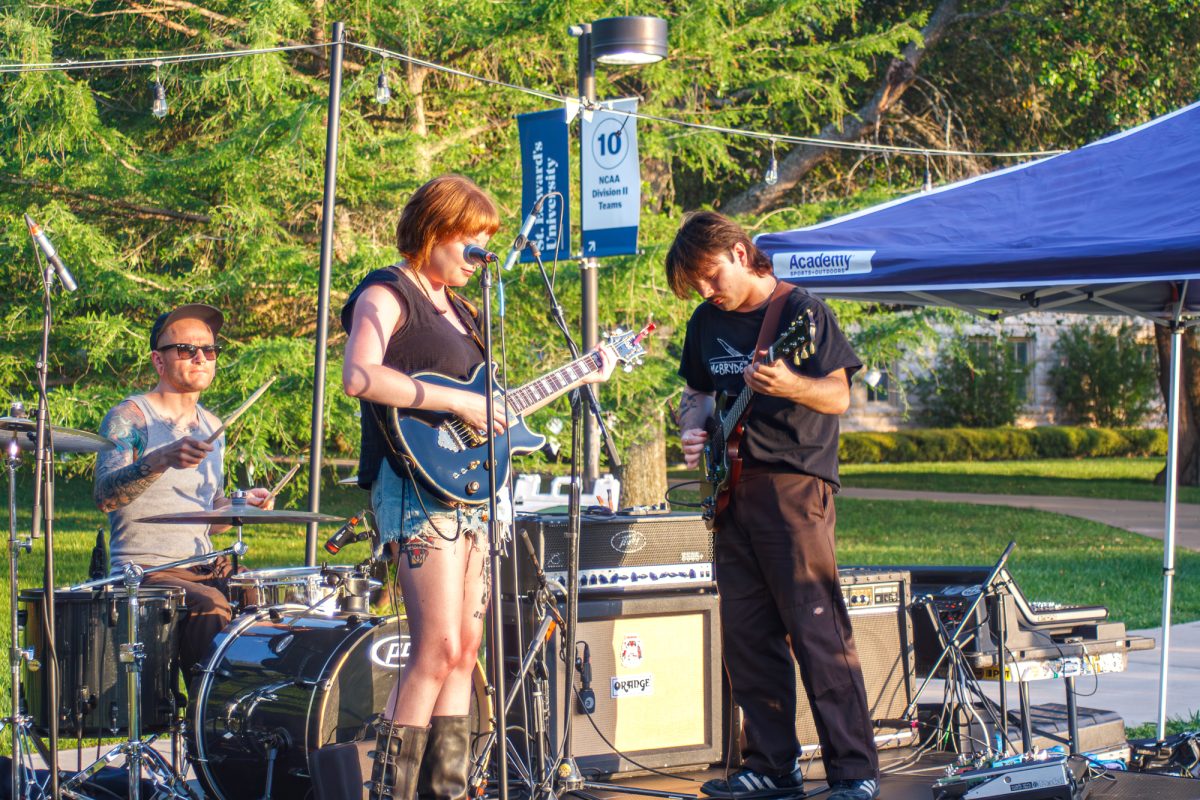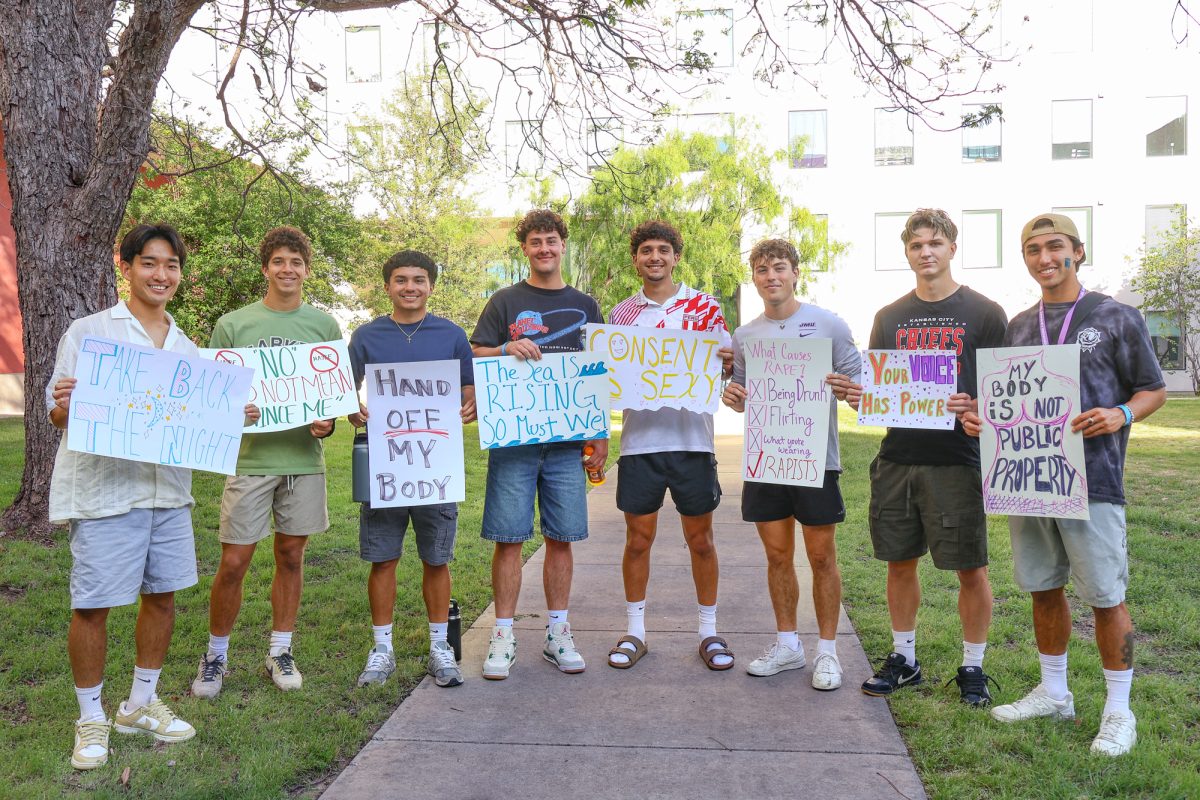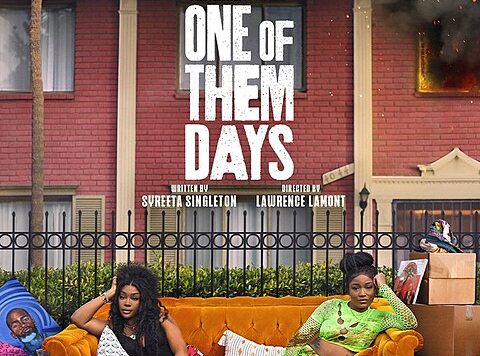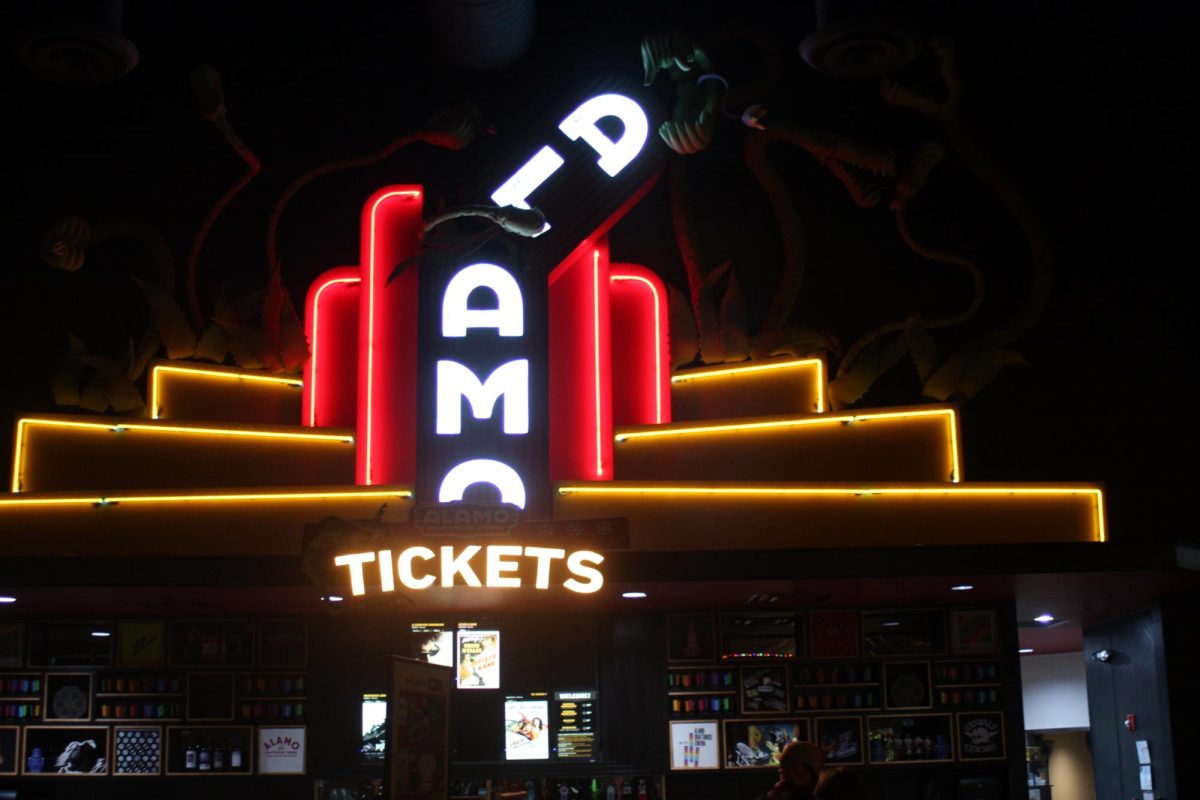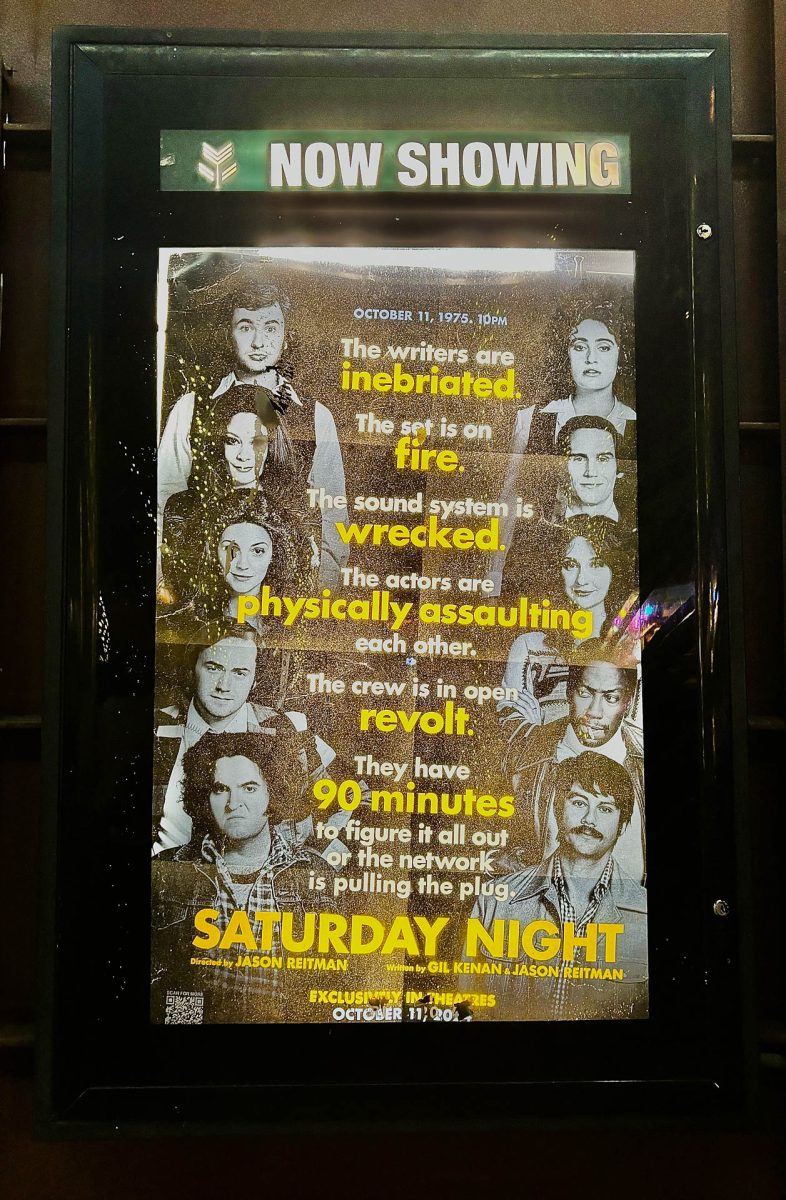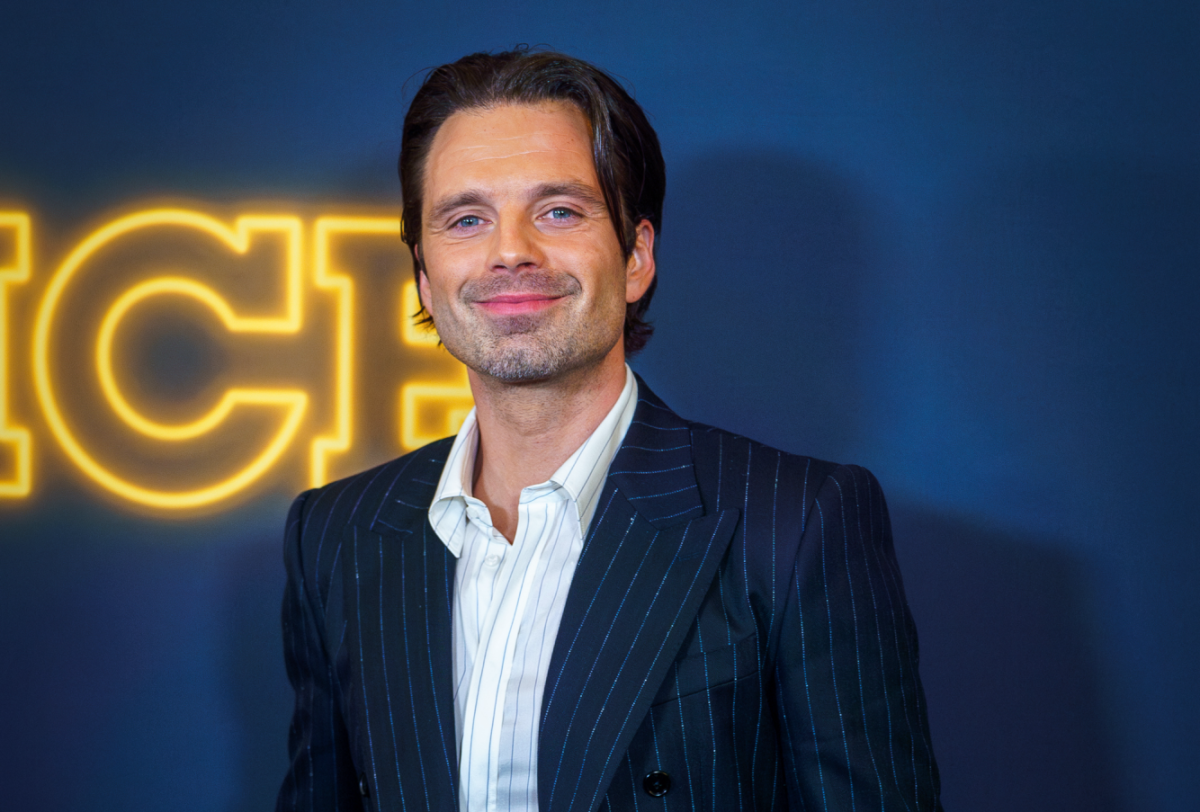The biopic genre of films exists to tell audiences stories of important figures throughout history. One of Hollywood’s latest biopics, “Bob Marley: One Love,” brings Marley’s lasting legacy back to life. This film delves into late Reggae musician Marley’s triumphs and hardships concerning his musical career with his band, the Wailers.
However, it is unique in the sense that it takes a different angle in its storytelling. Usually, the film’s premise in biopics will include details of a celebrity’s entire life, highlighting their childhood, early career and how they garnered their reputation. While the film does briefly mention Marley’s early life, the primary focus of the film is on the peak of his career.
Historical context is the strongest aspect of the film. At the time the film takes place, political tensions were rapidly rising in 1976 Jamaica, affecting not only its citizens, but also Marley, his band and his family.
This film emotionally depicts Marley’s turbulent journey of spreading a message of peace by sharing his music in Jamaica. It depicts his efforts to host his “Smile Jamaica” concert, whilst he and his loved ones had a target on them if he continued to do so.
This film predominantly depicts the not-so-glamorous threat on Marley’s career: an assassination attempt that targeted Marley, his wife, Rita, and his band, eventually causing Marley to seek safety in London for a few years.
The film then goes on to show how, after seeking solace outside of Jamaica, his music took off in popularity after he began making music again and performing outside of his home country. The film also used this point to introduce one of his most successful albums, “Exodus.”
Despite his success all over the world, Marley still felt the need to do something he had been wanting to do for a while: use his music as a beacon of hope, peace and unity.
The film’s strongest point in highlighting Marley’s overall strength and importance was the final scene of the film: a reenactment of Marley’s “One Love Peace” concert that was performed in Kingston, Jamaica in 1978.
The concert is still remembered today for being a true symbol of achieving unity, momentarily laying to rest the differences and violence that plagued Jamaica. This was beautifully and thoughtfully depicted in the film through the music, crowd dynamic and actor Kingsley Ben-Adir’s mannerisms and stage presence that perfectly captured Marley during the iconic performance. Everything about it realistically captures the original feeling and essence of the real concert.
The concert’s success served as a living example that unity and peace can triumph in the face of violence and adversity, and this film did a phenomenal job in bringing this point to life and carrying on Marley’s message and legacy.
“One Love” served as a reminder that Marley is not only remembered for his significant contributions to the popularity of Reggae music, but also for being an advocate and spokesperson for peace amongst everyone, especially the people of Jamaica, and the film does a fantastic job portraying him as such.
With that being said, “Bob Marley: One Love” is a phenomenal biopic that greatly captures Marley’s story and continues to share his inspiring message. I rate this film five out of five goats.


